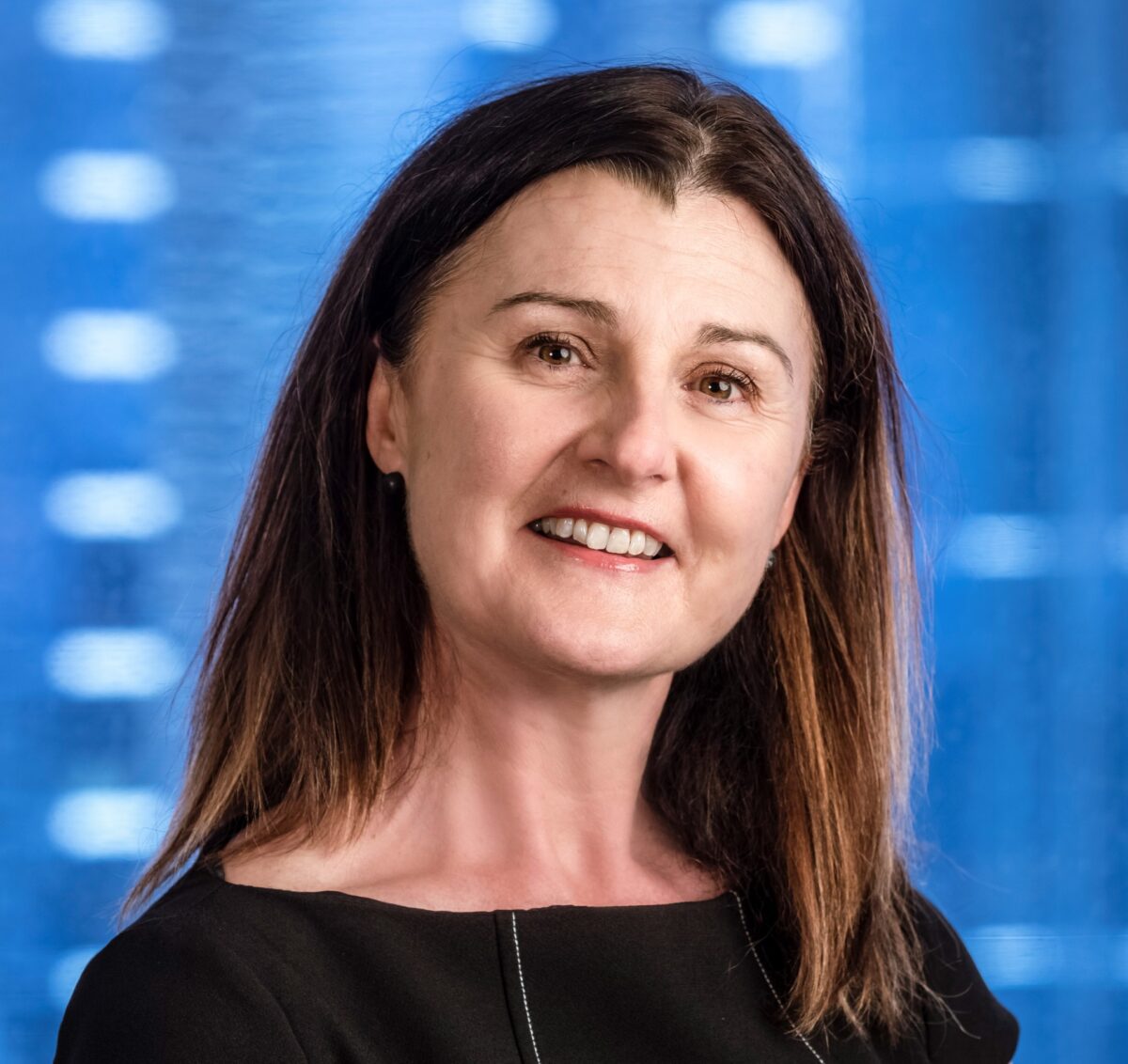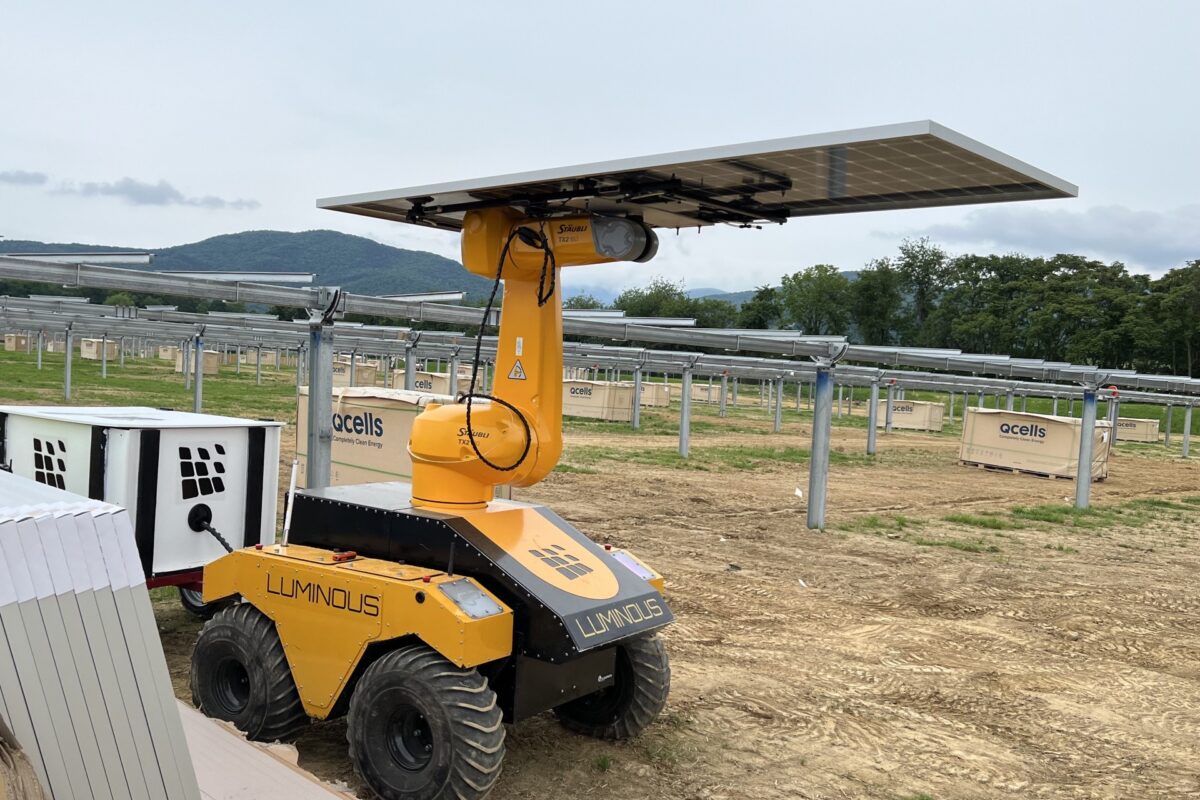As the Operations Manager South for energy infrastructure provider, Zinfra, my work supports the changing energy network as we move towards more renewable energy options.
Several renewable energy opportunities are connecting to the network in Victoria, including wind farms, solar farms and battery energy storage units. As we see more shovels in the ground for renewable energy projects the demand for new and specific skill sets is going to rise. The calls are already growing louder.
Female apprentice numbers at Zinfra are encouraging, with 23% of the 2025 cohort women, even better are the female graduate engineer numbers; 50% of this year’s group women. This tells me the new and emerging opportunities within the industry are enticing people to join the industry who might not have five to 10 years ago.
Energy is a male-dominated workplace, but these types of trends highlight the support for more women to enter the energy workforce. This validates my drive to look at how we mentor females within the industry and ensure clear and easy pathways.
My observation is that women in energy want to get their hands dirty and the sector is changing to allow those who come from different career backgrounds to utilise skills acquired outside of the sector. I see women coming from sectors as diverse as health, community, corporate, retail and everything in between, who are now thriving as gas services technicians, electricians, engineers, project controllers and operations managers
I am looking at the way we work and how we set up project teams, specifically those teams that work away from home. Do we have to be away Monday to Friday every week? Or can we work on consolidated blocks to give families a better work-life balance?
Challenging everyone in the industry to include diversity and equity as already a discipline considered in project development and execution strategies. So, pushing for a more diverse workforce is already in the lifeblood of project delivery.
This is the biggest change I have seen throughout my career in energy. Women, once upon a time, were a ‘nice to have’ but today they are a must.
These days, women already in the sector are encouraged on an extremely frequent basis to share their stories to help entice others into the industry. We are leading the charge for recruitment activities and apprentice and graduate programs to identify and remove the barriers we see preventing more women from starting an energy career.
The industry is also doing a better job of highlighting the achievements of women in the industry. I was lucky enough to be nominated by my peers and was awarded as one of Spencer-Ogden’s 100 Brilliant Women in Renewables. This is an international accolade featuring groundbreaking researchers, engineers, visionary leaders, and advocates for their outstanding contributions.
Ultimately, we are being recognised and encouraged to embrace our roles as leaders and inspire the next generation to pursue careers in this rewarding and vital industry.
Any business in the energy industry knows that women undoubtedly bring unique perspectives to every role and project, but this isn’t just about increasing numbers.
In operations, to get the job done, you need to have people on the ground ready to deliver the work. To do this, you create an environment that people want to work in. That means people in leadership positions that your workers can relate to.
I have no doubt, that the more women we see elevated to leadership positions, the more we will see women enter the industry.
This is the opportunity a changing industry has enabled. Women in energy are being tasked with driving the future of the sector. If we don’t speak up and encourage more women to join us, our energy security in this country is at risk.
For perhaps the first time in this sector, we are the sought-after commodity, not for quotas, not for targets, but for the legitimate needs of the Australian community.
Author: Louise Bishop, Operations Manager South, Zinfra
Zinfra is a leading Australian infrastructure service provider to the energy industry, renowned for its operations and maintenance, engineering, construction, and project management capabilities.
The views and opinions expressed in this article are the author’s own, and do not necessarily reflect those held by pv magazine.
This content is protected by copyright and may not be reused. If you want to cooperate with us and would like to reuse some of our content, please contact: editors@pv-magazine.com.








By submitting this form you agree to pv magazine using your data for the purposes of publishing your comment.
Your personal data will only be disclosed or otherwise transmitted to third parties for the purposes of spam filtering or if this is necessary for technical maintenance of the website. Any other transfer to third parties will not take place unless this is justified on the basis of applicable data protection regulations or if pv magazine is legally obliged to do so.
You may revoke this consent at any time with effect for the future, in which case your personal data will be deleted immediately. Otherwise, your data will be deleted if pv magazine has processed your request or the purpose of data storage is fulfilled.
Further information on data privacy can be found in our Data Protection Policy.